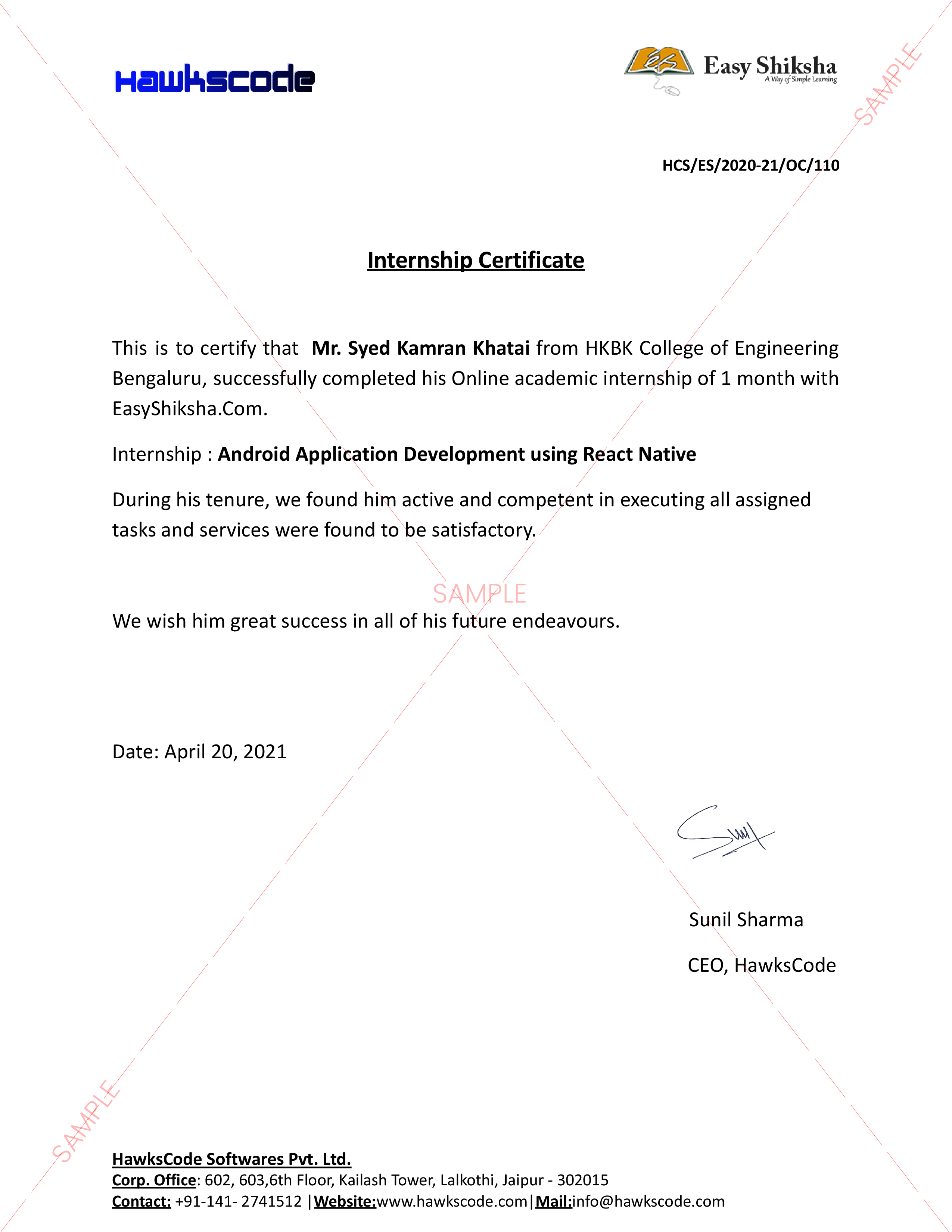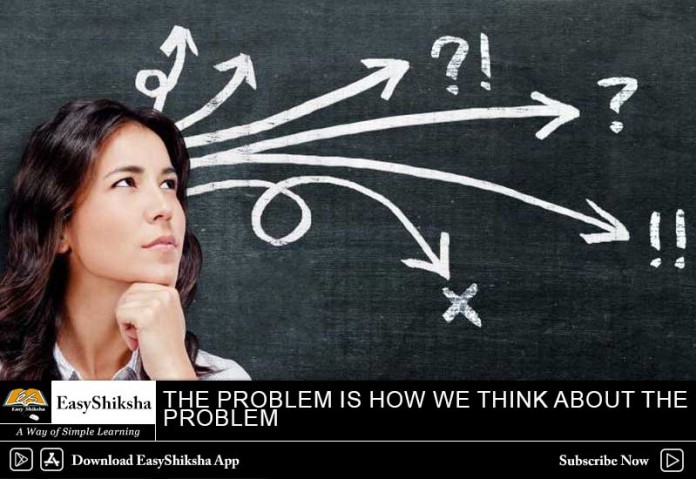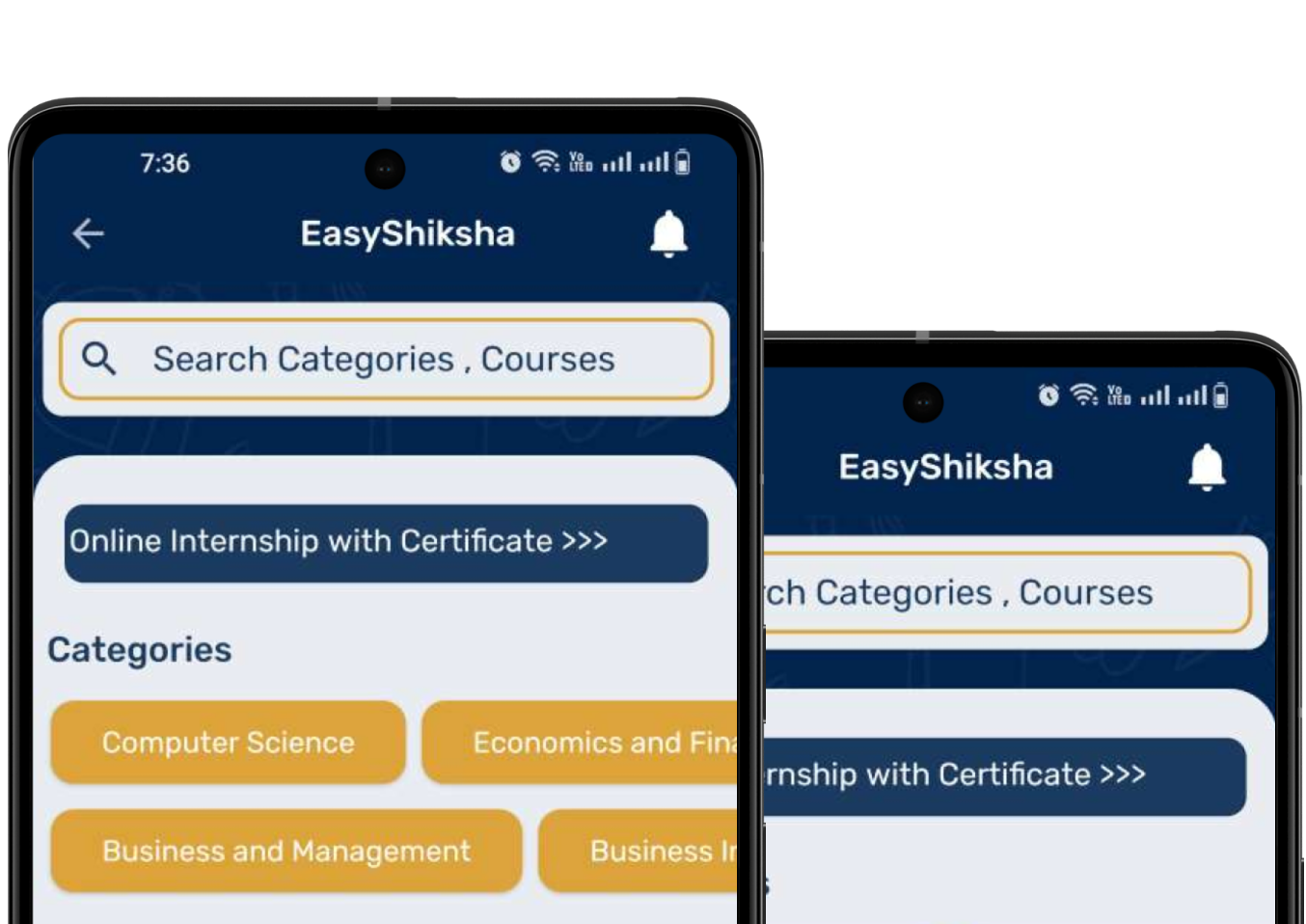Everyday life presents us with choices, but how do we know problem which choice to make? And do you ever feel you have to make one choice over another?
Let’s use the workplace as an example. Your boss wants a project delivered and says, “Be very thorough…and very fast”. Should you be thorough or fast? On the other hand, if you’re a manager and you have a team of employees, do you micromanage them, or do you give them the flexibility? Both examples are contradictory yet interrelated – a paradox.

Important Announcement – EasyShiksha has now started Online Internship Program “Ab India Sikhega Ghar Se”

To many, these paradoxical predicaments pose a problem. “The problem is how we think about the problem,” UNSW Business School’s, Associate Professor, Josh Keller says.
“When individuals (including CEOs) face these seemingly contradictory demands, if they have a paradox mindset i.e. a particular mindset and approach to paradoxes, it means that they will do better. They see it happening, embrace the paradox, and are emotionally comfortable with it.”
Associate Professor Josh Keller’s primary research interest is studying how managers respond to strategic paradoxes, including how to cooperate and compete, how to learn new endeavours and take advantage of the knowledge of existing endeavours, and how to be both global and local. The UNSW Business School academic’s research, ‘Microfoundations of organisational paradox: The problem is how we think about the problem’ was the most cited paper in the Academy of Management Journal in 2018.
According to Dr Keller, when people are working under conditions where these paradoxes are salient then they are more likely to be under pressure. Consequently, this pressure or tension undermines performance and innovation, unless a paradox mindset is adopted. “In seemingly contradictory situations (at work), those who have a paradox mindset perform better and are more innovative. But that does not mean people who adopt a paradox mindset all the time are better performers, rather it is people in situations who are forced to constantly deal with competing demands are more innovative,” he says.
The UNSW Business School academic recognises previous work in the area and points to qualitative studies suggesting paradoxical mindsets matter. However, Dr Keller’s research implemented a fully quantitative, quantifiable measure to ask people where they were on the scale of paradox mindset, and to what extent they experience tensions.
Top Courses in Software Engineering
More Courses With Certification
A mindset from the East
Keller, who also examines cross-cultural differences in approaches to paradoxes, says the notion of a paradox and a paradox mindset has a lot of its routes not in the West but in the East, particular Yin Yang and Daoist theories about tolerating contradictions.
“Right from the go get we wanted to make sure this measure (scale) would work in multiple cultural environments, so we involved Americans, Israelis, and Chinese. We tested the sample thoroughly – developing the scale took 4 years,” Keller says. “If you’re simply embracing contradictions and never seeking any answers, then you’re not looking for any solutions and then what you get is a compromise. So, if you’re coming from the west then adopting the paradox mindset is important. Embracing contradictions, however, is also not enough. If you’re embracing contradictions and never seeking the answer then you may not get the creativity benefits of doing so.”
Associate Professor, UNSW Business School
Empower your team. Lead the industry
Get a subscription to a library of online courses and digital learning tools for your organization with EasyShiksha
Request NowALSO READ: How-artificial-intelligence-is-making-the-education-system
Get Course: Google-Adwords-for-Beginners

















































































